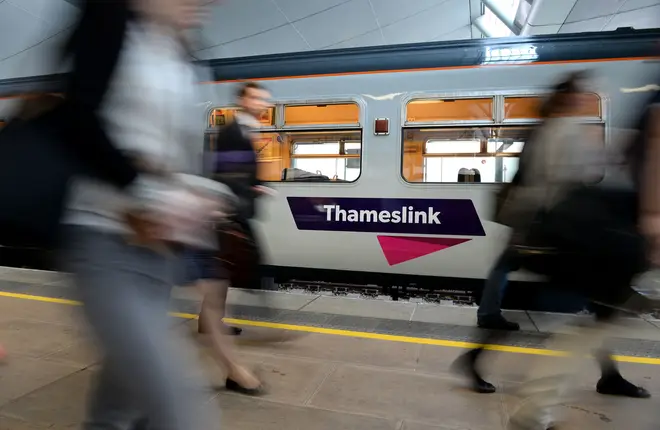
Ali Miraj 12pm - 3pm
9 May 2019, 12:03 | Updated: 9 May 2019, 12:06

Some train passengers are having to submit up to 24 separate pieces of information to claim compensation for delays and cancellations.
Consumer watchdog Which? said "seemingly irrelevant details" are demanded by some operators, such as whether their ticket was printed.
The research looked at the online claims forms of 24 operators.
The worst offenders for complicated and lengthy claims processes were Greater Anglia, London Northwestern, ScotRail, Transport for Wales and West Midlands Trains, with each demanding 24 pieces of information.
Having to type the same details several times and finding specific reference numbers were among the issues highlighted.
Passengers claim compensation for delays and cancellations in only a third of cases according to Which? who are calling for the introduction of automatic compensation.
The consumer group carried out a survey which showed a third of journeys weren’t claimed for because it was too much effort and for one in seven, it would be too difficult or time-consuming.
The five worst train companies each required passengers to submit 13 different pieces of information about their ticket alone, such as whether it was a paper ticket, the cost, class, how the ticket was paid for, whether it was at peak time and the dates for which the ticket was valid.
But even the best-performing companies – Chiltern Railways and Heathrow Express – required passengers to provide 10 different pieces of information before passengers can submit a claim for delayed or cancelled services.
However, most of the information demanded can be found clearly displayed on a photo of the paper ticket, which 23 out of 24 train companies require to be uploaded as proof of purchase.
Alex Hayman, Which? spokesperson, said: “It’s clear this fragmented and confusing compensation system leads to people losing out on a lot of money when they have already suffered enough from unacceptable levels of delays and cancellations.
“The technology exists to deliver compensation automatically, but the industry continues to drag its heels, while benefiting from a system that deters passengers from claiming the money they are owed.”